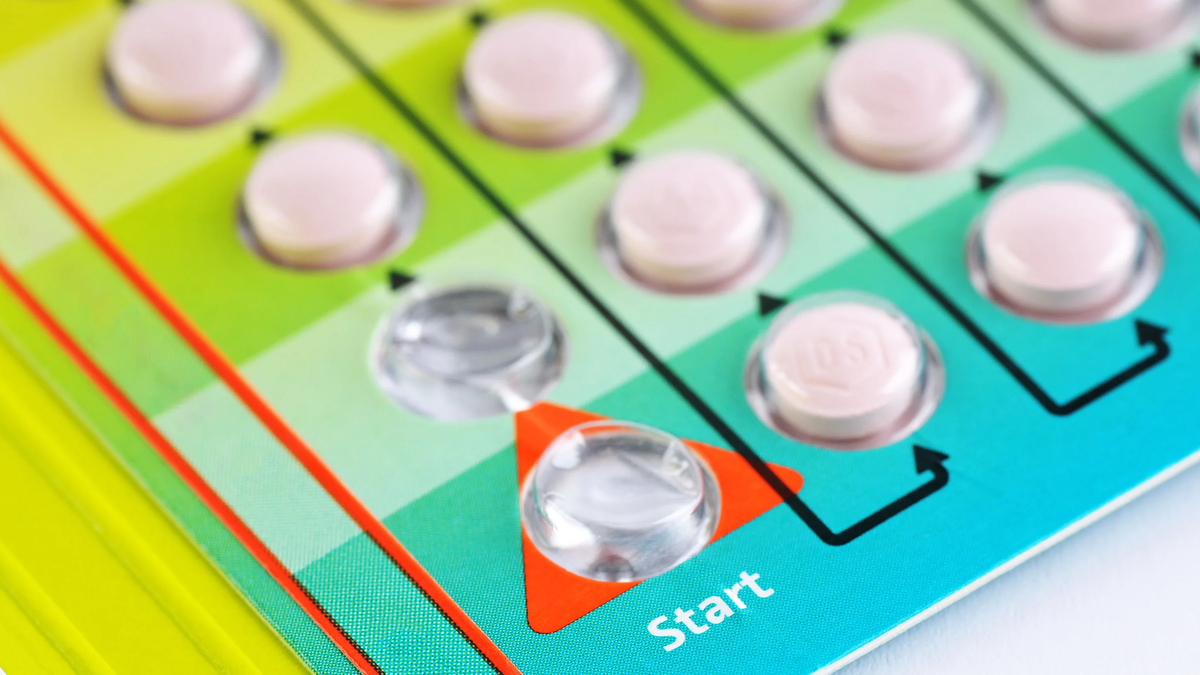How to Safely Skip a Period

You grew up with a womb and are taught that menstruation is a sign of good health, with the added benefit of not being pregnant. But menstruation is expensive, sometimes painful, and annoying at best. Although people have been skipping their periods by taking hormonal birth control for years, many still consider it a “cheat” with potentially harmful consequences. But this is not true: science has confirmed time and time again that the targeted prevention of menstruation is perfectly healthy and that it may even provide some health benefits.
How to skip your period with hormonal birth control
Traditionally, oral contraceptives come packaged with a pill for each day of the entire cycle, including “active” estrogen-progestin pills for most of the cycle, and a series of “inactive” hormone-free pills. but which one you take to keep the habit of taking a pill every day. While you are taking the inactive pills, you will experience withdrawal bleeding that will mimic your period.
But people have long skipped periods by simply skipping inactive pills and starting a new pack as soon as active pills run out. The American College of Obstetricians and Gynecologists states that the monthly withdrawal bleeding ritual is “a historical holdover from the development of the combined OCP to mimic a more ‘natural’ cycle and is not necessary for health.”
Today there are more options than ever when it comes to birth control (a fact recently covered in our The State of Your Birth Control series) and indeed, those that contain hormones can often be used to delay or stop menses. . Here are some more options:
- The Nuvaring Vaginal Ring can be used continuously, changing it every three to five weeks as prescribed. Continuous use will delay or stop menstruation.
- Hormonal IUDs such as Mirena, Liletta, Kaileena, and Skyla often have the side effect of stopping menstruation completely. All of these IUDs have different levels of hormones, with Mirena and Liletta having the highest dose. Although all hormonal IUDs can reduce the intensity of menstruation over time, the higher the dose of hormones, the more effective the IUD will reduce or stop menstruation.
- Hormone shots such as Depo-Provera are also effective in stopping periods, with 50-75% of women reporting no periods after a year of constant use. Implants like Norplant have a similar effect one to three years after implantation.
Beware of Menstruation Hacks That Don’t Work
Myths about natural ways to stop menstruation are widespread, but these methods rarely work. Even worse, these methods can cause side effects themselves, making them risky. Drinking apple cider vinegar is often cited as a way to delay your period, but a 2013 study shows that it actually has the opposite effect—and as an added bonus, it can severely damage your teeth, mouth, and throat. Eating finely ground lentils has also been suggested as a way to delay menstruation, but no studies have confirmed the effectiveness of this folk remedy. As an added insult, it’s likely that you’ll get stuck with both your period and increased flatulence.
The only safe way to delay or stop your period is to use hormones in consultation with your doctor.
Is there a risk of missing a period?
Obviously, the biggest risk of missing a period is that it may be harder for you to know if you’re pregnant, which could mean delaying prenatal care or waiting too long to take advantage of your options . Most methods to delay or stop menstruation are very effective in preventing pregnancy, but none are 100% effective.
If you experience nausea, headaches, breast tenderness, or fatigue while taking birth control, you may want to take a pregnancy test.
Sometimes women who take hormonal contraceptives experience “breakthrough bleeding” in the middle of their cycle, which does not pose a health risk, but can take you by surprise.
While it is safe to miss a period due to hormonal birth control, not having a period without taking these hormones is something you should see your doctor about. This condition is called amenorrhea , and while not life-threatening, it can have long-term effects on fertility, bone and cardiovascular health, or may be a symptom of another health problem.
Is there any benefit to skipping a period?
If you suffer from painful periods and unpleasant premenstrual syndrome, skipping your period means you can avoid all these consequences – headaches, cramps, skin rashes, etc. Some people are even anemic due to heavy bleeding during menstruation, so preventing a cycle can bring them real benefit.
Studies have shown that the use of hormonal birth control reduces the risk of ovarian and uterine cancer , and skipping menstruation may reduce the risk of ovarian cysts .
In most cases, skipping a period will mean more stress-free vacations; more relaxed sexual pastime, which will significantly save money that you would spend on tampons, pads and cups; and be relieved of the extra work of managing bleeding in the body each month.